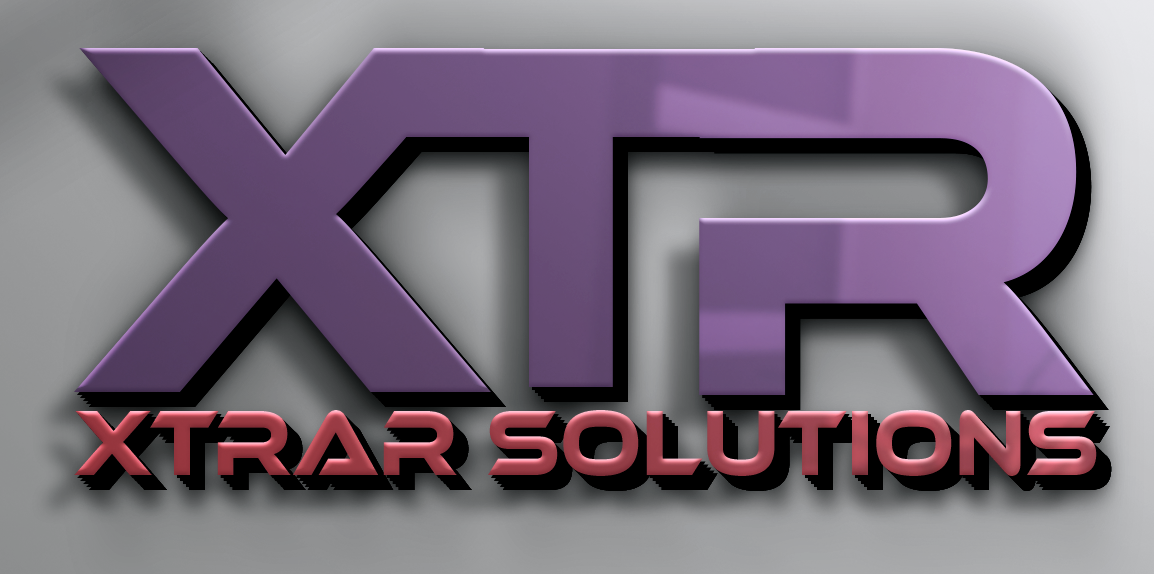The best iPhone lineup now features the iPhone 13, and you may have just picked one up — congrats! But what about all of that data that was on your previous iPhone? How are you going to transfer your old data to your new iPhone? Don't worry; there are a few ways you can do this, including using iCloud or even going the more traditional route with a wired connection with your favorite Mac or PC. Here are all the best ways to transfer data to a new iPhone.
Products used in this guide
- Sync over USB-C: Apple Lightning-to-USB-C cable
Using Automatic Setup to transfer data to new iPhone
- Select your language on your new iPhone with your new and current devices nearby.
- Tap Continue on your iPhone on the popup that appears asking you to set up your new iPhone with your Apple ID.Source: iMore
- Use your current iPhone to scan the image that appears on your new iPhone.
- Enter your current iPhone or iPad's passcode on your new iPhone.
- Set up Touch ID or Face ID on your new iPhone.Source: iMore
- Choose whether or not to restore your new iPhone from your most recent compatible backup — if that option presents itself.
- Choose to restore your new device from an iCloud or iTunes backup, set it up as a new iPhone, or transfer data from an Android device.Source: iMore
- Agree to the terms and conditions.
- Tap Continue under Express Settings to use the settings for Siri, Find My iPhone, Location, and usage analytics that were transferred over from your current iPhone.Source: iMore
- Complete the setup process for your new iPhone as you normally would.
How to restore from an iCloud backup to transfer data to new iPhone
- Open Settings on your old iPhone.
- Tap the Apple ID banner.
- Tap iCloud.Source: iMore
- Tap iCloud Backup.
- Tap Back Up Now.Source: iore
- Turn your old iPhone off once the backup is finished.
- Remove the SIM card from your old iPhone or if you're going to move it to your new one.
Wait for the backup to complete before proceeding.
You can now set aside your old iPhone. Make sure that your new iPhone is off when you start these next steps.
- Insert your old SIM card into your new iPhone if you want to move it between devices.
- Turn on your new iPhone.
- Slide up or press the Home button depending on which device you're setting up.
- Follow the directions to choose your language and set up your Wi-Fi network.
- Tap Restore from iCloud backup.
- Sign in to your iCloud account (this is also your Apple ID).
- Tap Next.
- Tap Agree.
- Tap Agree again.
- Choose the backup you just made.
How to transfer your data to your new iPhone on macOS Catalina and newer
- Plug your old iPhone into your Mac running macOS Catalina or newer.
- Click on the Finder icon in the Dock to open a new Finder window.
- Click on your iPhone under Locations.Source: iMore
- Click Trust if you're asked to trust your iPhone.
- Click the checkbox for Encrypt Local Backup.
- Create a password if this is your first time setting up encrypted backups.
- Click on Back Up Now.Source: iMore
- Skip Backup Apps, if asked. (They'll likely re-download anyway.)
- Unplug your old iPhone when done.
- Turn off your old iPhone.
- Take your SIM card out of your old iPhone. (If you don't have a new or separate SIM card for your new phone.)
Wait for the backup to complete before proceeding.
- Put your SIM card into your new iPhone. (If it didn't come with a new or different SIM card.)
- Turn on your new iPhone.
- Plug your new iPhone into your Mac.
- Slide to set up on your new iPhone.
- Follow the directions to choose your language and set up your Wi-Fi network.
- Select Restore from Mac or PC.
- Click your new iPhone under Locations in the Finder window.
- In Finder on your Mac, click the button next to Restore from this backup.Source: iMore
- Choose your recent backup from the drop-down list.
- Click Continue.Source: iMore
- Enter your password and click Restore if your backup was encrypted and the Finder asks.Source: iMore
How to transfer your data to your new iPhone using macOS Mojave and older
- Make sure you're running the most recent version of iTunes.
- Plug your old iPhone into your Mac or Windows PC.
- Launch iTunes.
- Click on the iPhone icon in the menu bar when it appears.
- Click on Encrypt Backup; you'll be asked to add a password if this is your first time encrypting a backup.Source: iMore
- Click on Back Up Now.Source: iMore
- Skip Backup Apps, if asked. (They'll likely re-download anyway.)
- Unplug your old iPhone when done.
- Turn off your old iPhone.
- Take your SIM card out of your old iPhone. (If you don't have a new or separate SIM card for your new phone.)
Wait for the backup to complete before proceeding.
- Put your SIM card into your new iPhone. (If it didn't come with a new or different SIM card.)
- Turn on your new iPhone.
- Plug your new iPhone into your Mac or Windows PC.
- Slide to set up on your new iPhone.
- Follow the directions to choose your language and set up your Wi-Fi network.
- Select Restore from iTunes backup.
- On iTunes on your Mac or Windows PC, select Restore from this backup.
- Choose your recent backup from the list.Source: iMore
- Click Continue.
- Enter your password if your backup was encrypted and it asks.Source: iMore
Keep your iPhone plugged into iTunes until the transfer is complete and on Wi-Fi until all re-downloads are complete. Depending on how much data you have to re-download, including music and apps, it might take a while.
Get your new iPhone
Of course, to transfer data to your new iPhone, you're going to need a new iPhone first.
Mainstream flagship
iPhone 13 (2021)
Apple's latest mainstream flagship iPhone, the iPhone 13 comes is powered by the brand new A15 system-on-a-chip and features beautiful new colors, serious camera improvements, and much more.
Apple's latest flagship smartphone is a solid iteration that builds on the design language introduced in last year's iPhone 12. Featuring a beautiful array of new colors, the iPhone 13 lineup also boasts entirely new camera sensors, dramatic new photo and video features, and some of the biggest year-over-year battery improvements that Apple's made in the iPhone. For those who want an even better camera system with telephoto lens and macro photography capabilities, then check out the iPhone 13 Pro devices. And if you want the most compact iPhone available, you want the iPhone 13 mini.
Budget friendly
iPhone SE 2nd generation (2020)
The iPhone for people who love a good Home button.
The low-cost iPhone SE is hard to pass up at that price, especially considering it has the fastest processor of any smartphone on the market, except, of course, the latest iPhones.
The iPhone SE is a great entry-model iPhone for those just waiting to dip their toes into the Apple ecosystem. It's also fantastic for those who still prefer using Touch ID and a Home button, rather than Face ID. Come on in, the water's fine. At this price, you could even buy two.
Additional Equipment
If you want to transfer data to your new iPhone using a Mac with USB-C or Thunderbolt 3 ports, you should go ahead and pick up a good, reliable USB-C-to-Lightning cable.
Apple Lighting-to-USB-C cable (From $19 at Amazon)
Apple includes a Lightning-to-USB-A cable with your iPhone, but you'll want this if you have a Mac with USB-C/Thunderbolt 3.
Anker Powerline II Lighting-to-USB-C cable ($13 at Amazon)
This is a great alternative to Apple's official cable. Anker's Powerline II now comes in a USB-C-to-Lightning option.







0 Comments